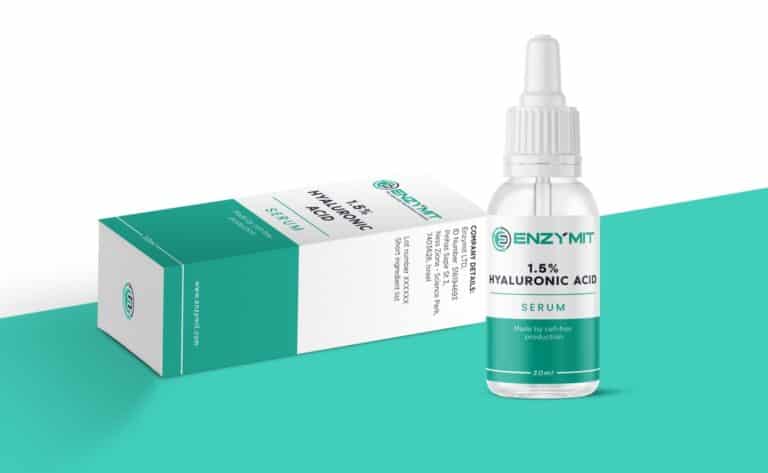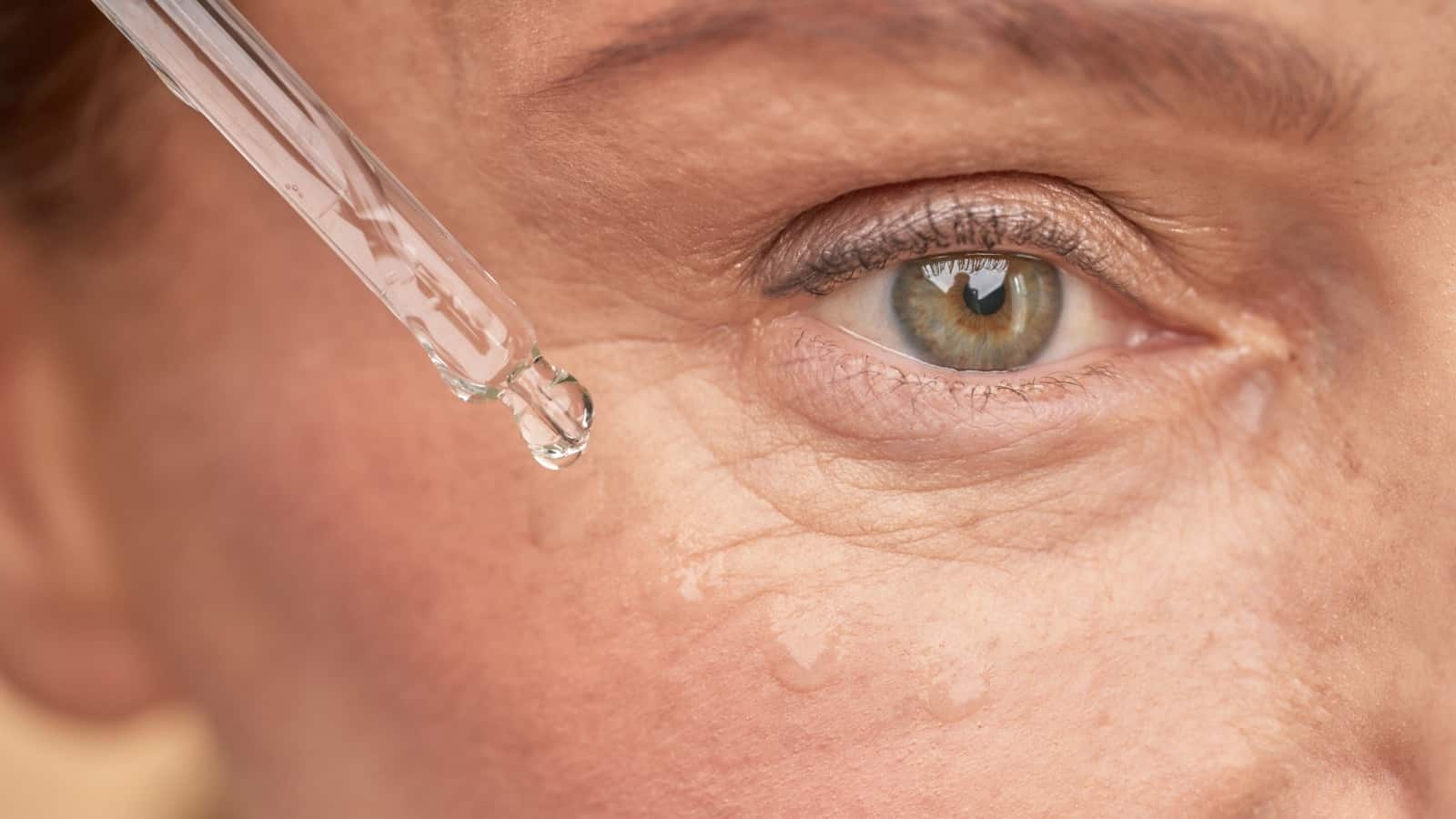Take a look at the ingredients in any jar of moisturizer and it’ll almost certainly contain hyaluronic acid.
The gel-like substance helps your skin stretch and flex, and reduces lines and wrinkles. It also helps wounds to heal faster and can reduce scarring.
But hyaluronic acid, also known as hyaluron, is costly to produce and raises ethical concerns because it’s largely derived from animal tissue.
Enzymit, a synthetic biology startup in Ness Ziona, Israel, today announced a breakthrough in technology that replaces the current complex and time-consuming cell-based fermentation process.
The company uses advanced computational design algorithms and deep learning algorithms to design and produce enzymes to order. This synthetic form of the acid is suitable for cosmetic, aesthetic and therapeutic uses, such as ocular health, wound healing and rheumatology.
Enzymes are naturally-occurring proteins that speed up chemical reactions, such as digesting food, growing muscles or removing toxins.
Enzymit translates its algorithm-based designs into DNA codes, which are then used to grow high-purity, high-yield batches of the desired enzyme.

“We are already receiving considerable interest from manufacturers looking to incorporate our hyaluronic acid variants into skincare products at price points that are more accessible to mainstream consumers,” said Markus Klinger, the company’s VP of business development.
“We are encouraged by the initial positive reception and are continually optimizing our processes while forming strategic partnerships to bring introduce our products to new industries.”
As we age
Hyaluronic acid naturally occurs in our skin, joints, and connective and neural tissue. As we age, our bodies produce less of it.
From around the age of 25, our skin slows down the production of hyaluronic acid, which is why we develop fine lines and then wrinkles.
Until now, the production of hyaluronic acid has relied on the use of whole cells, often extracted from rooster combs –the red, rubbery growth on top of a male chicken’s head.
Utilizing animal tissue entails safety, consistency and ethical concerns, while fermentation-based methods involve complicated purification processes and high production costs, according to Enzymit CEO Gideon Lapidoth.

“Our cell-free process – using just the essential enzymes, rather than whole cells – removes the need for this complex processing. It also increases yield to near 100% and can manufacture many types of hyaluronic acid, which are needed to produce the full range of hyaluronic acid-based products,” said Lapidoth.
The company, founded in 2020, has used similar methods to speed up the process of producing cultivated meat. It also aims to simulate the enzymes found in human breastmilk.















